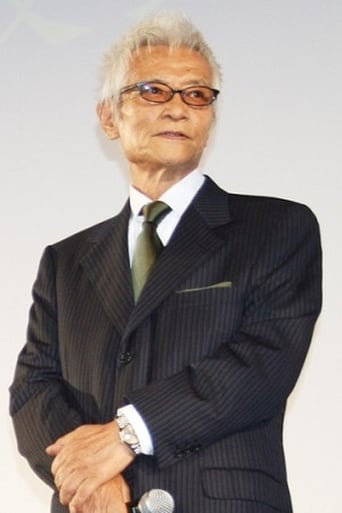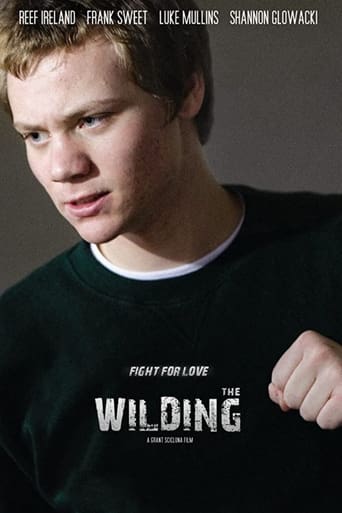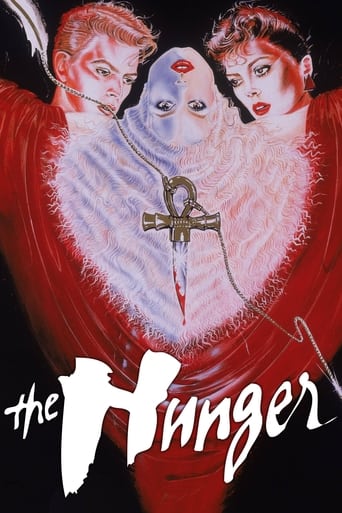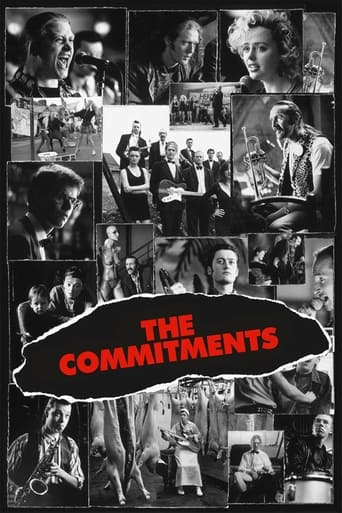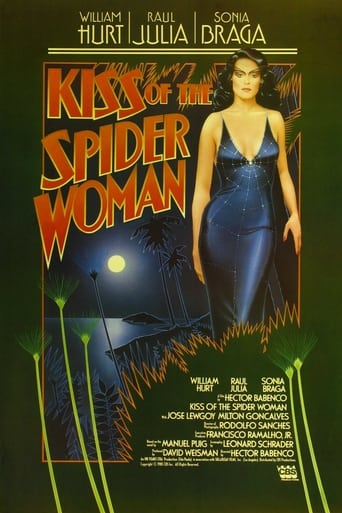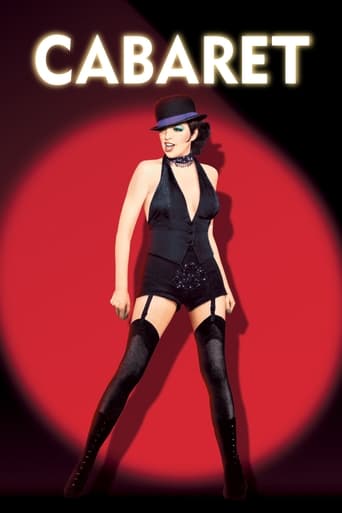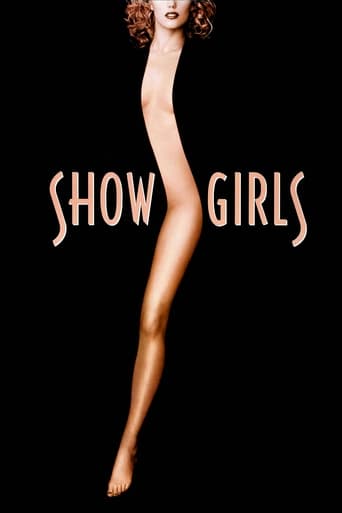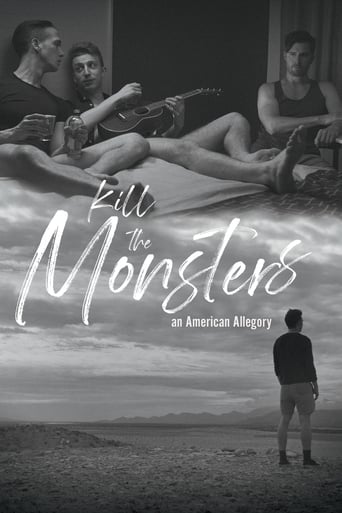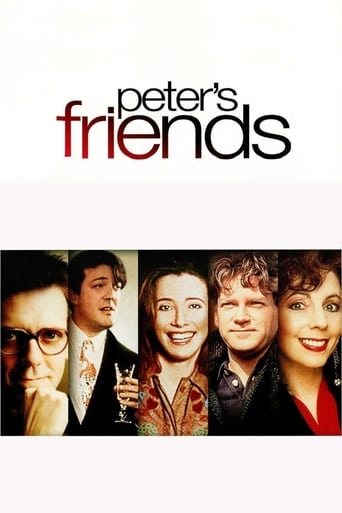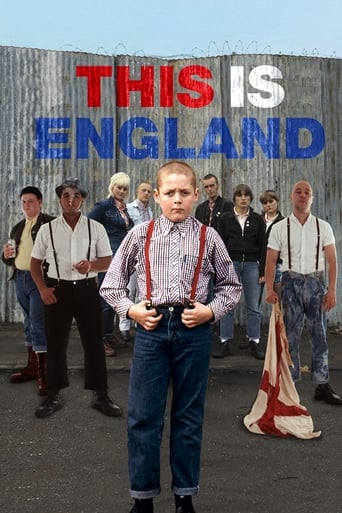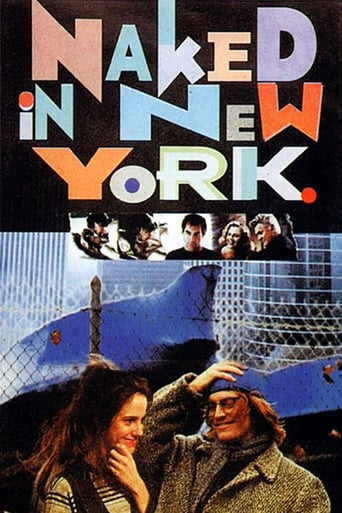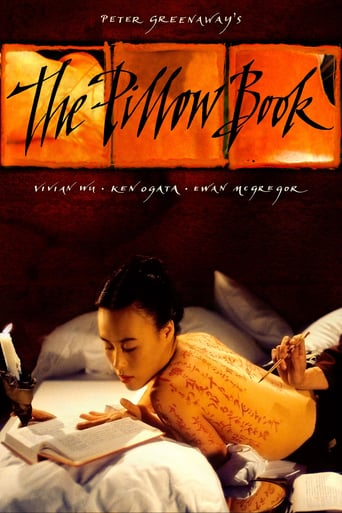
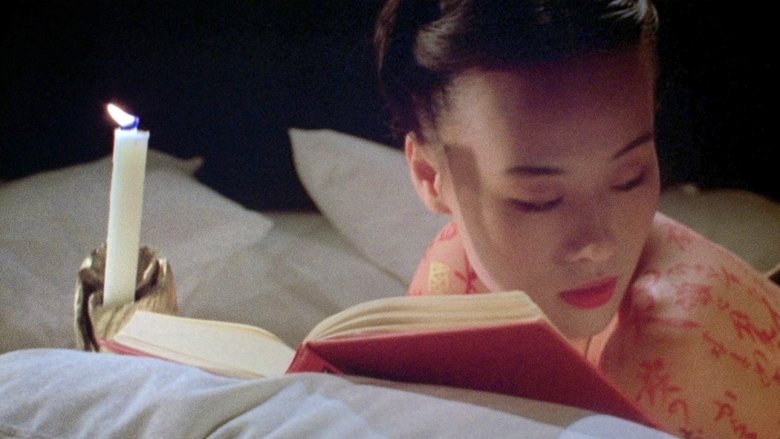
The Pillow Book (1997)
A woman with a body writing fetish seeks to find a combined lover and calligrapher.
Watch Trailer
Cast


Similar titles
Reviews
Viewers either love or hate Peter Greenaway films.If you are a hater, then just don't bother. Your planet and his are rather different and you don't need to visit. If you know Greenaway's work from other films and know that you like having to think at the same time as looking, then this is an excellent movie for you.The theme of the movie is complex, yet simple. Girl meets boy, but things aren't easy. The girl has a complex past, and the boy has become mixed-up in it, without realising it.The visuals are stunning:- Complex, difficult, and multi-threaded. The audio is beautiful, multilingual, and worth close attention - just listen to the sounds, and don't worry about the words.I saved this DVD for a rainy day, and it was well worth the wait.Warnings: if naked flesh offends you, don't watch. This is NOT exploitative or erotic, but it IS blunt and open. There is a "little" blood, but as with all of Greenaway's work it is emphasised, so a little goes a long way.Recommendations: settle down and enjoy the experience. Make sure you are awake, intelligent, and clear-headed. You WILL need to think!
The thing about cinema in general, a Western invention and as such shaped by Western thinking, is that it is often too specific, about physical action revealing a moral understanding. The insight is shortsighted. To abstract as all the great filmmakers known to us have done, is to transplant that specific experience into the center from where all creative energy emanates. The Japanese (tracing it back to China) had mastered this centuries ago. It's a culture that revolves around form rather than narrative. Whereas our drama is often hysterical, theirs is subdued and sublimated into abstraction.Their abstraction is in the best possible way about a perfect centeredness. Flowing from and returning to a center. Flowing outwards into form and once replenished there, returning with wisdom about the emptiness of form (and joy that the form is only a mask). Their compositions (painted, written, or later filmed) are clean and sparse, signifying the vitally empty as a dynamic process. Thus every utterance in form, say by the calligrapher's brush, perfectly radiates with that transcendence of opposites - the vital and the empty are one. There is no confusion or agitation that comes from attachment, that's the idea at least.The thing about Greenaway is that he's aiming for a similar transcendence, but through an effort of loading forms until they break to reveal. When he fills his films with lists and lists about books, our constricted knowledge of the world and how it limits, it is always with the intent of transcending them. It is always about the creative process as a means of reaching beyond the list. Prospero's Books reaches there, arguably however the work was already laid out for him by Shakespeare.Here he tackles a subject that is completely alien to Greenaway logic. It is about a young Japanese woman doggedly looking to find a man who is both a lover and a calligrapher. Who can write beautifully on her naked body. The film specific idea chimes with the heart of the abstraction; inner expression expressed in visible form, with in our case the naked body as a perfect blank paper. And that expression in form brought by its author literally to life.There is not much to say on the subject outside the depiction. The very act communicates all. So that leaves the rest of the film a series of beautiful tableaux about bodies, naked or not, painted or not, and calligraphic backdrops of various kinds. Eventually it is again about books, human books each with its own message, where thought is exorcised so that it can be replenished again. Having emptied herself of all the accumulations of her past, by the end she is free to write her own 'pillow book'. She can sign her own name. As usually with Greenaway, everything is also about him creating his own film.Maybe because he's done this kind of thing for so long that it has lost its novelty, maybe because his style to overload is in stark contrast with the vital emptiness the subject demands, the film seems to be missing something. Prospero's Books was closer to his sensibility and as such a more rewarding film (if also more oblique and difficult).
After the completion of Prospero's Books in 1991, Greenaway was quoted in an article on IMDb as saying: "I'm pretty certain Michael and I will never ever work together again." After making a few films with various composers after his breakup with Nyman, Greenaway made a major attempt at creating a sound track from existing music, and the outstanding results are the music of The Pillow Book. Chosen with great care, the music is a document to his outstanding sense of taste, and reflects a very high level of musical awareness. In each scene, the music supports the drama to the fullest: observe the corny pop song that recalls Nagiko's parents early years; or the silly socialist workers song, lacking in all things sophisticated; or the extremely beautiful French love song that is heard when the lovers are together; or the violent avant-garde string quartet music used first for the fire scene, and later when Jerome commits suicide. Greenway's choice of soundtrack here is every bit as outstanding as that of Stanly Kubrick, which reflects the finest taste of any 20th-century director. (Greenway's choice of music here is as keen as Kubrick's choice of music in Eyes Wide Shut, etc.). As such, The Pillow Book does not have the tight neo-classic aura that we find in Greenaways films with music by Nyman. It is actually quite different, and we miss the unique relationship the two presented in so many masterworks. Never-the-less, what Greenaway has come up with here is excellent in its own way, and although it has taken the director in a new direction, it is still of a very high quality.
A beautiful Japanese broad gets off on body-writing. This is certainly not the way Greenway would have put it, but it pretty much captures the essence of this movie. While a far, far more believable (though silly) fetish than the one unleashed on us poor viewers in Cronenberg's "Crash", it's still nothing more than another sexual-fetish movie that delves too much on one and the same thing. Greenway basically packages this story - essentially a story of a light sexual perversion - in his trademark arty style. However, this time he made a film that is easily more accessible than his previous ones. (The accentuation is on "more".) The first half-hour is very much typical Greenway: "floating" pictures and scenes, some sort of poetry or literary readings, no concrete plot, visual showing-off, etc. But as soon as Vivian Wu leaves Japan we suddenly witness a premiere in Greenway's film-making career: (more-or-less) normally shot scenes. What follows is Wu's search for Mr.Right (or Mr.Paint-On-Me-Correctly-But-Don't-Let-That-Erection-Disappoint). "Good calligraphers are old and cannot take advantage of what I have to offer, while young ones get too distracted," she says. Some problems she's got there, the poor girl... She wants the perfect mate, you see. If she were totally ugly, she'd be happy just to have a dog urinate on her leg. But as a true princess with high expectations, she pretty much settles on McGregor (well, she uses him), who just happens to be the homosexual lover of the publisher Wu has her sights set on. Greenway would probably dismiss all criticism of this far-fetched coincidence as an attempt to make a point about destiny. At first McGregor doesn't fulfill the high expectations of our Japanese "princess" (bad spelling, messy hand-writing, or something like that being the unforgivable drawback), but she gets involved with him when she finds out about the connection with the publisher. Soon she gets him hooked on both calligraphy and her body (the ease of achieving the latter which is not explained, other than the obvious assumption that McGregor must be bi). The last quarter then delivers the inevitable - the obligatory dosage of vintage Greenway: death, gore, and yet more perversion (this time a little on the heavy side). Still, the film is - as expected - original and unusual. It seems to me, though, that the film lacks the depth that was probably aimed for here; it is hard to identify with anyone here, and most of the film simply deals with Wu's search for someone who will excite her with the proper calligraphic skills. Sorry, but there is absolutely nothing "deep" or profound about that. Making a black comedy out of that would have worked better.




